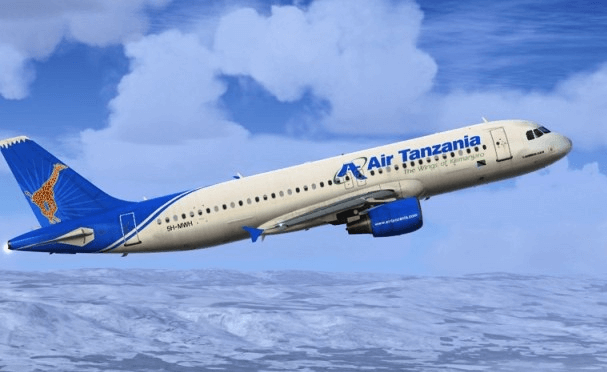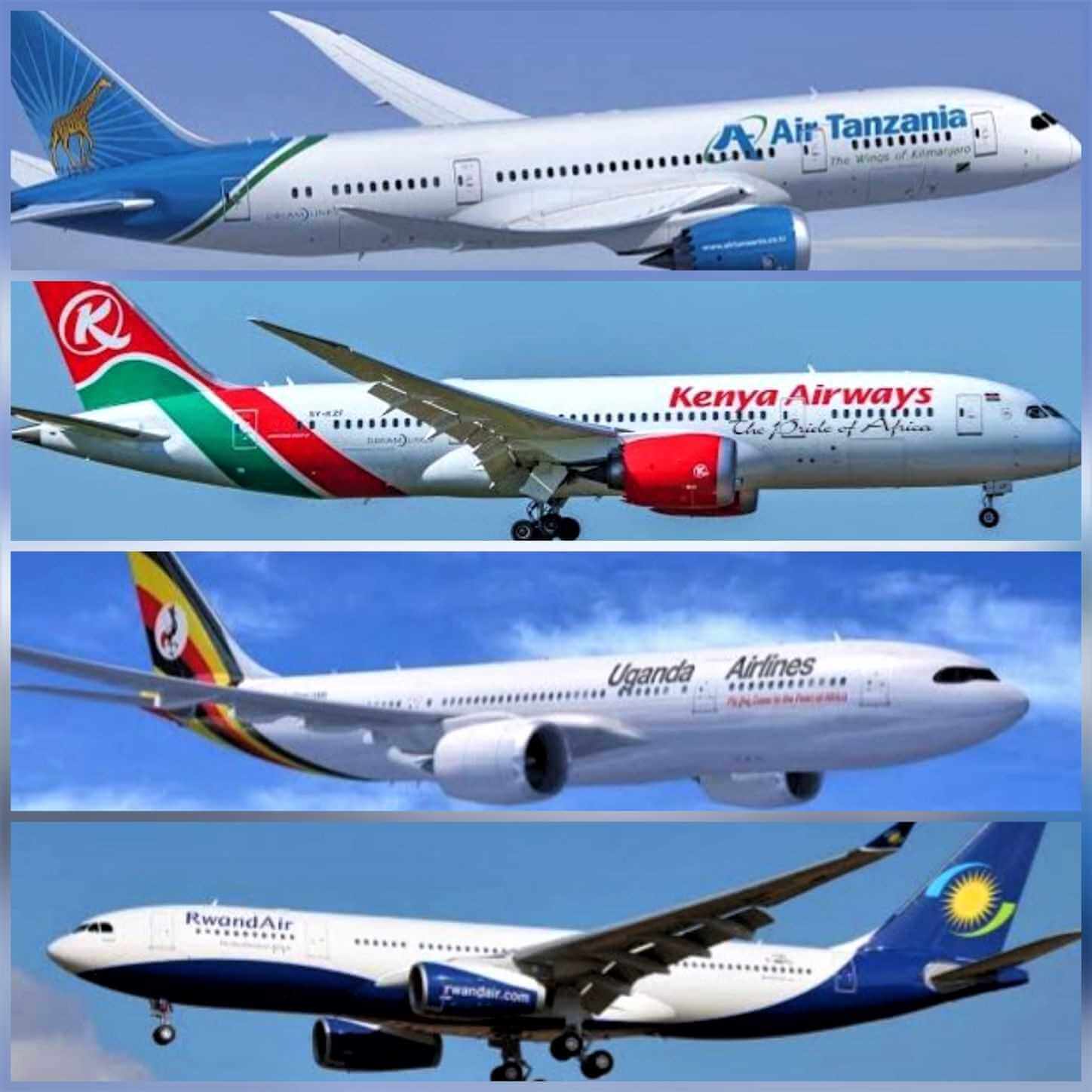The East African Community (EAC) will pioneer the open skies policy for aviators in Africa as part of a strategy to grow tourism and trade on the continent, an industry association has said.

Open skies policy in civil aviation means easing access to national airports for foreign airlines to increase the flow of tourists and develop their potential as regional air hubs.
“The reason we chose EAC is that the states are already in advanced stages of harmonising various aspects of policy on issues to do with taxes and charges. We want to look on now going into the aspect of air transport liberalisation,” said Maureen Kahonge, the business development and communications senior manager at the African Airlines Association (Afraa).
This will see airlines from Kenya, Uganda, Tanzania, Rwanda, and other EAC states operate across borders without restrictions, hence increasing traffic and reducing ticket prices.
Stakeholders across different aviation sectors in Africa, during a conference in Nairobi early this month, resorted to testing the opening up of African skies as a way of growing business.
Single Air Transport Market
Noting that the level of intra-Africa air connectivity remained low with a market share of African airlines falling from 3.5 per cent of global traffic in the 1980s to 1.9 per cent by last year, the players committed to starting a journey towards the Single Africa Air Transport Market (SAATM).
Africa’s aviation industry has for more than two decades expressed the need to operate a SAATM to remain sustainable, but reluctance by states to open up the skies has left them struggling.
Afraa notes that many African states have maintained restrictions that have made it difficult for airlines from other countries to operate and this leaves all of them making losses, despite a commitment by 45 states to implementing Saatm since 2018.
Countries mainly restrict operations of airlines from other states through denial of some traffic rights, particularly the fifth freedom, which enables an airline to carry passengers between destinations outside its home country.
“Many times, some states are not authorising this fifth freedom. And even for third and fourth, which are bilateral, sometimes there are restrictions in terms of the number of flights,” says Afraa secretary-general Abderahmane Berthe.
Afraa says after bringing air transport service providers together, the key issues on the table include discussing bilateral agreements, with a long-term vision of removing restrictions altogether.
Regulatory text on dispute resolution mechanism, which has held states back from issuing air traffic freedoms, is expected to be finalised this year to spur issuance of more rights.
Many African states have been operating on a bilateral basis, failing to liberalise the market even as other regions around the world opened up their skies by removing restrictions, a move linked to the growth of intra-region business and traffic, which reflects on airlines’ revenues.
Afraa also blames African governments for reluctance to implement decisions they have committed to ensuring the air transport industry is open, mainly to protect state carriers.
The association has been pushing for opening up of the skies and lowering of taxes and charges, moves it argues will grow traffic for operators in the air transport industry by attracting more travellers as the market gets competitive and brings down ticket prices.
SOURCE: DAILY NATION







